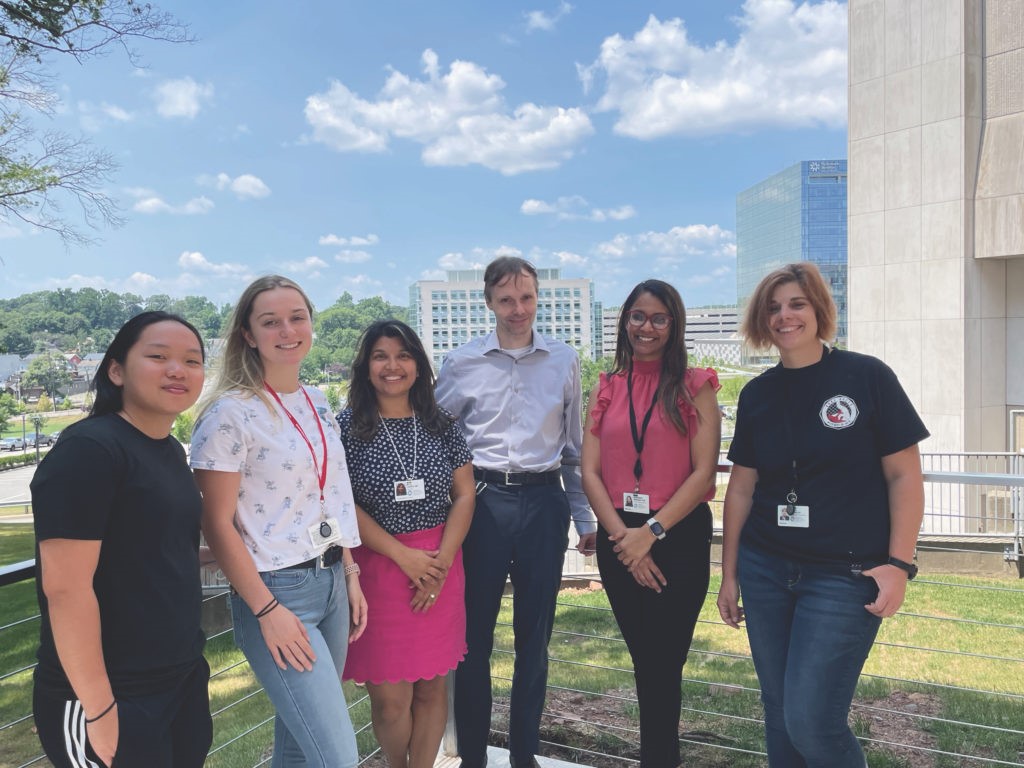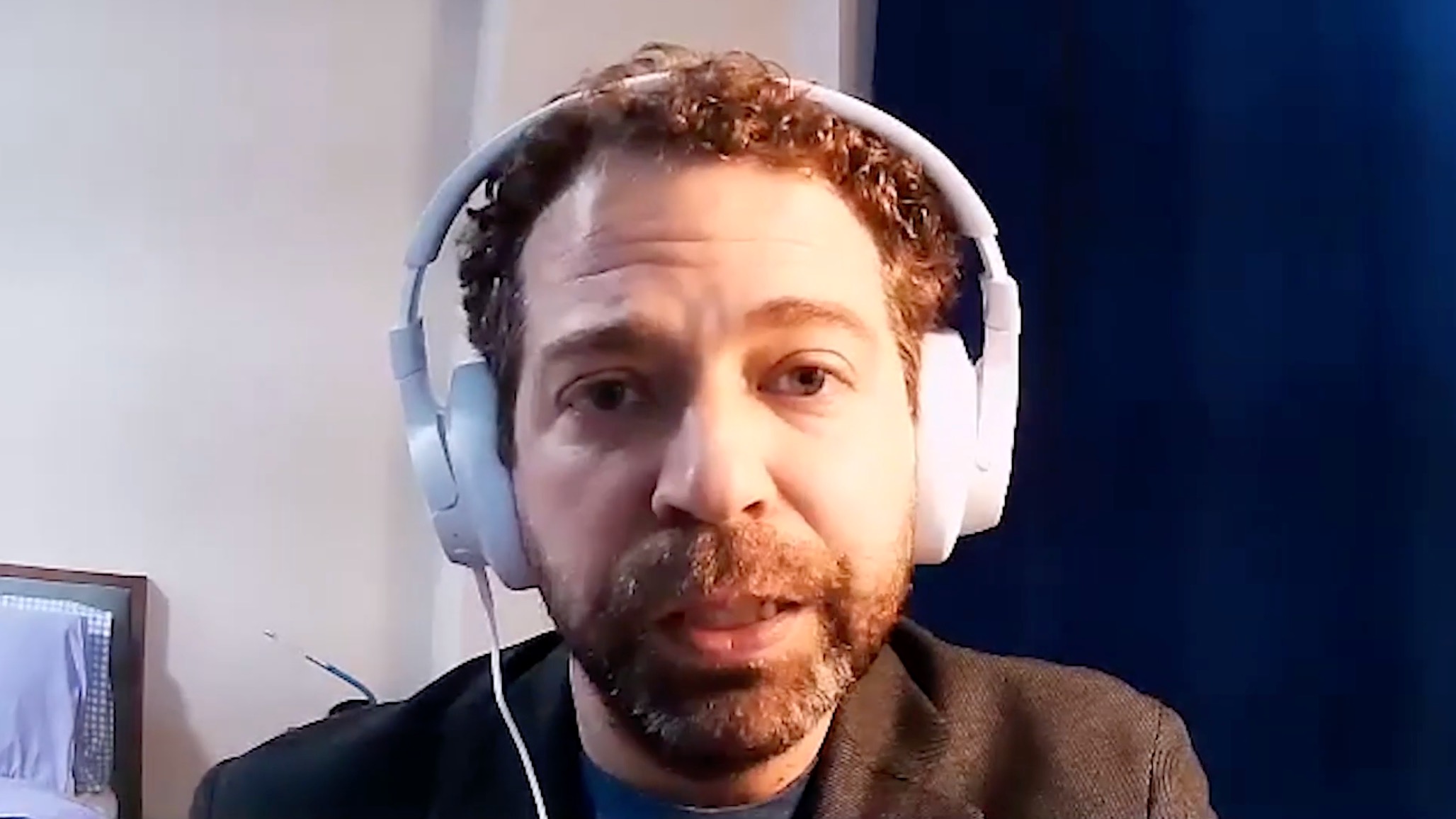Research Grant Program
For more than 55 years, the Children’s Leukemia Research Association has been on the leading edge of blood cancer research. Each year our Medical Advisory Committee of internationally known hematologists reviews research proposals from doctors nationwide. To date, we have supported more than 550 researchers with more than $5,000,000 of grant money to support the most promising blood cancer research that is not duplicated elsewhere.
2024 Research Grant Recipients:
- Dr. Kimberly Stegmaier, Dana Farber Cancer Institute
- Dr. Johannes Zakrzewski, Hackensack Meridian Health
- Dr. Wei Du, University of Pittsburgh
- Dr. David Sykes, Massachusetts General Hospital
- Dr. Vijay Sankaran, Boston Children’s Hospital
- Dr. Linghua Zheng, Ohio State University


Our Research Mission
The research mission of CLRA is to support researchers by carefully reviewing proposals and awarding grant money for leading edge projects. All grants are funded through the financial support of our donors.
We hope that through research, we can find new ways to treat patients and get closer to a cure. And we are.
In the 1940s and 1950s, leukemia was not curable for children. Today, doctors are now able to cure as many as 90% of patients with Acute Lymphocytic Leukemia (ALL). This is in part due to researchers ability to sequence DNA to understand more about how the human body works. Doctors are now able to look at cancer cells versus healthy cells, including genes that may cause cancer.
Daniel Herranz, Assistant Professor at Rutgers Cancer Institute has received research grant funding from the Children’s Leukemia Research Association. As a result, his lab has been able to model the human anatomy so they can study leukemia-related tumors and identify novel therapies.
Dr. Kimberly Stegmaier of the Dana-Farber Cancer Institute has received special grants totaling more than $550,000 from CLRA in order to ascertain the answers to the question why some children do not remain in remission. Her life-changing work focuses on targeted therapies for Acute Myeloid Leukemias.
Now more than ever, Dr. Stegmaier and her team are getting the best treatments for children that need them as quickly as possible.
Dr. David Reisman, Ph.D., and Michael J. Mungo, Distinguished Professor and Director of Graduate Studies at the University of South Carolina received a grant from CLRA that supports their Acute Myeloid Leukemia (AML) research. Their goal is to deepen the understanding of the role of a novel non-coding RNA molecule called IncRNA that impacts the development of AML.
CLRA Research Grant Application Process
Applications must be completed on our online portal and are due by June 30th every year.

FAQs
Get the answers to all your questions about CLRA’s Research Grant application process, paving the way for groundbreaking initiatives in the fight against blood cancers.

